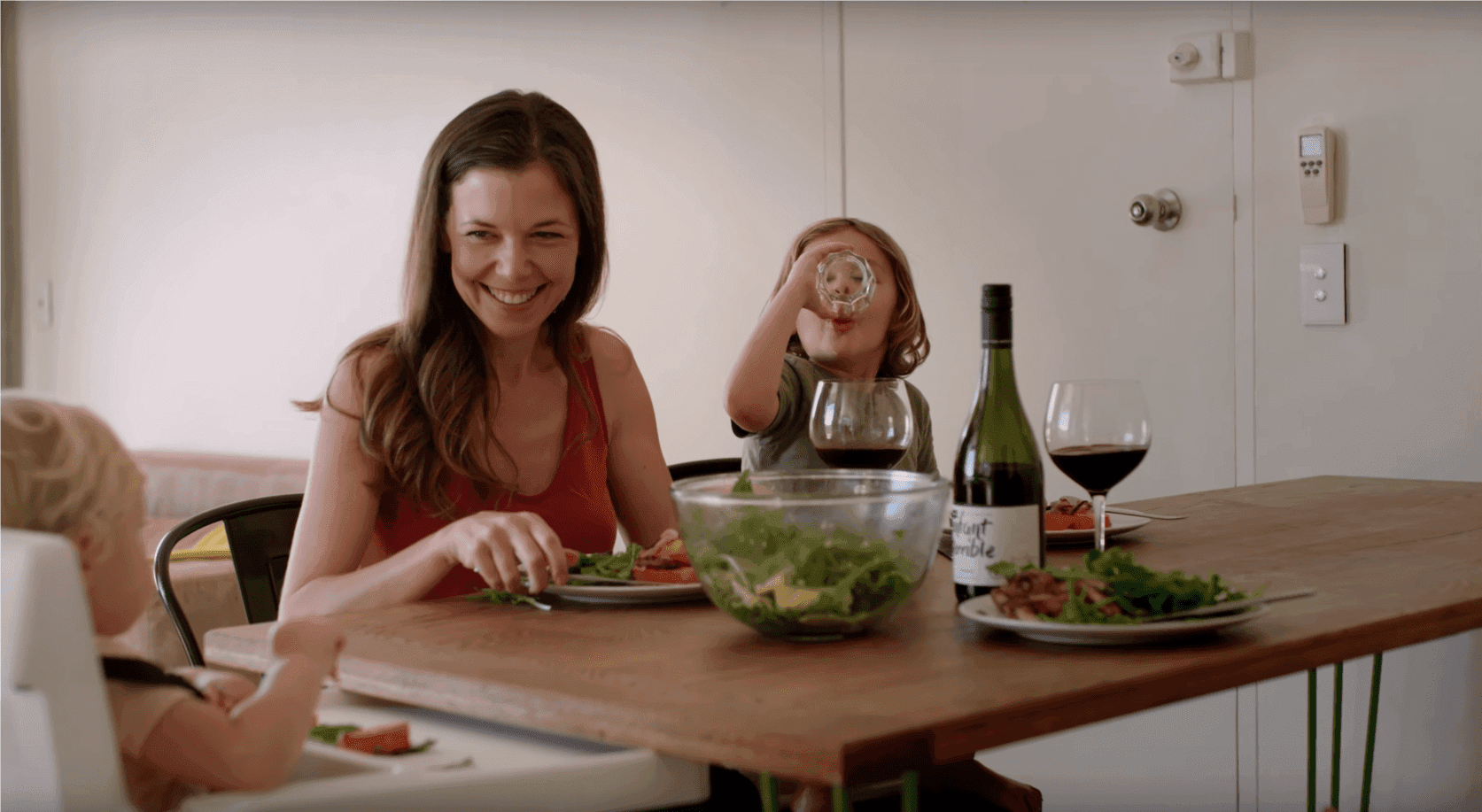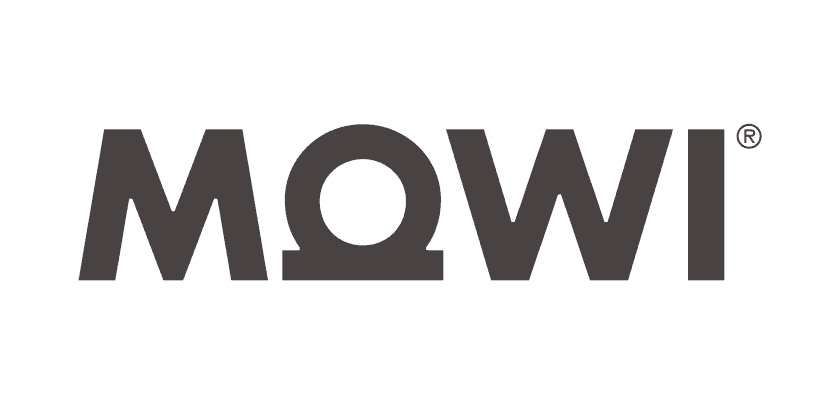“If you get food poisoning on an aged care site of 100 people, someone’s going to die.”

Infocus Food Safety
Infocus specializes in providing food safety management systems for aged care facilities. They use SafetyCulture to conduct internal kitchen audits and to train staff.

We use SafetyCulture for
Inspections
SafetyCulture Platform
Focus in on the big picture
Infocus Food Safety is part of the Infocus Management Group who specialise in providing quality training and food safety management systems across Australia.
Dealing primarily with aged care facilities, Infocus conducts both internal audits and training of kitchen staff, so Managers know what’s going on in the kitchen.
There are always high stakes when dealing with potentially fatal food items and handling, but Infocus General Manager Simon Berton believes when dealing with an aged care facility, the stakes are even higher.
“If you get food poisoning on an aged care site of 100 people, someone’s going to die. As soon as they get a bit of dehydration, they can’t handle it. You can’t let it start because it will rip through the joint. It’s like living in a house with 80 mates and one of you gets food poisoning, it’s going to spread,” Simon says.
The importance of food safety really struck home for Infocus Company Director Melinda Chapman upon hearing and dealing with a food poisoning death first hand.
“The bulk of our work is in aged care, so they are vulnerable. I think one thing that struck me is when I did go to an aged care facility and there was a food poisoning, and someone died, and you see what they’ve done, how they’ve lived, the things they’ve achieved and you see what happened to them, something stupid like eating a bad egg…It’s just so preventable,” Melinda says.
Statistics seem to support Melinda and Simon’s theories as well.
No matter how fit and healthy, those who are mid-60s and older have less resistance to food poisoning bacteria.
According to the Australian Food Safety Information Council, there are an estimated 5.4 million cases of foodborne illnesses in Australia each year.
In Australia alone, food poisoning results, on average, in 120 deaths, 1.2 million visits to doctors, 300,000 prescriptions for antibiotics, and 2.1 million days of lost work each year. The estimated annual cost of food poisoning in Australia is $1.25 billion.
“The first day I used SafetyCulture, I was out at a school, auditing four different sections of a school. So the time saving using it that day, in theory, paid for the iPad we just bought.”
The problem extends to all corners of the world with most reported figures cited as conservative estimates as most cases go unreported.
The Food Standards Agency (FSA) estimates about 10.5 million cases of food poisoning each year in the UK, and the CDC estimates that each year roughly 1 in 6 Americans (or 48 million people) get sick, 128,000 are hospitalized, and 3,000 die of foodborne diseases.
The Right Tool for the Job
Most food poisoning cases can be traced back to poor food handling practices, a process that Simon believes can be nipped in the bud with SafetyCulture tracking everything in the kitchen including temperatures, storage, and hygiene practices.
“It was probably 18 months ago when we started (using SafetyCulture),” says Simon.
“The first day I used the platform, I was out at a school, auditing four different sections of a school. So the time saving using it that day, in theory, paid for the iPad we just bought.”
“With an audit, we normally go out and spend three hours gathering notes for an audit. Have a paper trail, take photos with your phone, and then go back and take notes, so you’re probably going to sit back on your computer for a minimum two hours making that word doc.”
“With SafetyCulture, we can go out, do the audit in three hours maybe, then 10-15 minutes of reading through your notes to check for typos, then it can be published, producing a perfect report. We like how nice and neat the PDF report you can send the client is.”
“The other thing I love about SafetyCulture is it’s intuitive, it’s easy to use, we basically downloaded it and started using it straight away, we didn’t need training.”
Simon believes SafetyCulture’s reporting feature is the most useful, providing a neat, simple document that he can easily send to his clients.
“They all love having the report in front of them straight away, digital on a PDF that they can then start an action plan around.“
“To summarise, you just say to them, ‘Everything’s going to come through in the report for you, all the NOs are in red, look at the NOs.’”
Providing that simplicity is essential to Infocus’ clients, as safety should not be a complicated ordeal. The world is going down a digital path, leaving the process of paper and pen in the past, which Simon believes is long overdue in his industry.
“It’s changed the way we conduct our service for auditing completely. If you were travelling away for three days to conduct a lot of audits, you’re going to have a lot of paper and …especially in this day and age, you look a bit unprofessional rocking up to do an audit with a pen, paper and clipboards,” Simon says.
It’s one thing to provide simplicity to their clients, but it’s another thing to be able to pick up a tool and use it with no time or money spent on training.
“The other thing I love about SafetyCulture is it’s intuitive, it’s easy to use, we basically downloaded it and started using it straight away, we didn’t need training,” Simon says.
Quality control and general safety is made easier with SafetyCulture, and as Infocus can be a testament to, safety in the food industry can literally be a case of life and death, with the latter almost always being avoidable.
More customer stories


Waldorf Astoria
This luxury hotel uses SafetyCulture to maintain high brand standards across the entire property.


Building a data-driven food safety and inspection operation
How Marley Spoon raises the bar on food quality and customer satisfaction by using insights from SafetyCulture at every step of the meal delivery supply chain.


Mowi
See how Mowi uses SafetyCulture to streamline inspection results and charter new waters, delivering sustainable, high-quality salmon across the UK.
Looking for more inspiration?
Explore more stories, expert guides, and thought leadership from SafetyCulture